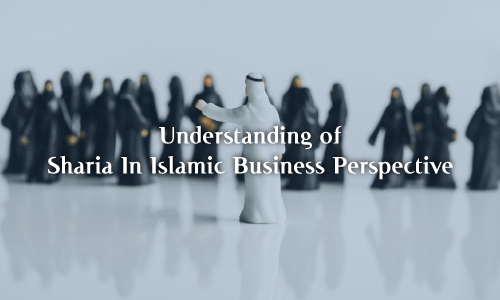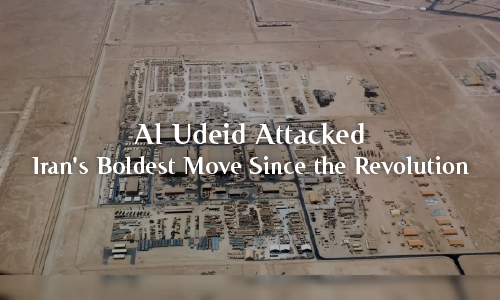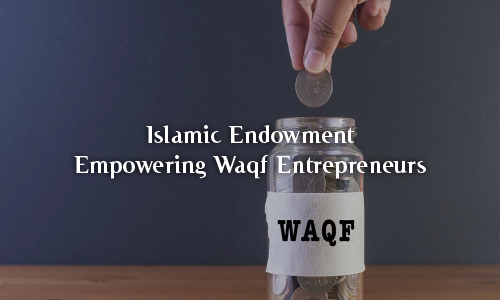
Summary: Islamic banking operates on the principle of prohibiting interest (riba) and instead relies on profit-sharing and ethical investment practices to ensure fair and transparent financial transactions. Survey data suggests that the majority of customers understand and acknowledge the interest-free nature of Islamic banks, though some remain neutral due to a lack of detailed knowledge. Key financial instruments such as Mudarabah and Musharakah promote risk-sharing and ethical financing, fostering economic growth and social justice. Factors influencing customer awareness include educational initiatives, regulatory support, media campaigns, and community influence, while challenges such as misconceptions and limited access to information persist. To further strengthen customer confidence and understanding, financial institutions should enhance transparency, engage in financial literacy programs, and leverage technology-driven educational tools, ensuring continued growth and acceptance of Islamic banking worldwide.
Islamic banking is a financial system that adheres to the principles of Sharia law, particularly the prohibition of interest (riba). Unlike conventional banks, Islamic banks operate on profit-sharing and ethical investment principles. This article examines customer understanding of the interest-free nature of Islamic banks, based on the survey data presented in the graph. Islamic banks do not charge or pay interest on savings and loans. Instead, they engage in ethical profit-sharing asgreements with customers. The fundamental goal is to ensure that financial transactions remain fair, transparent, and aligned with Islamic values. Islamic banking operates on the foundational principle of prohibiting interest (riba), as mandated by Sharia law. Instead of traditional interest-based lending, Islamic banks utilize profit and loss sharing mechanisms to ensure that all financial transactions are conducted ethically and equitably. This approach not only aligns with religious directives but also promotes a more just and transparent financial system.
A key instrument in Islamic banking is the Mudarabah contract, a partnership where one party provides the capital, and the other offers expertise and management. Profits generated are shared according to a pre-agreed ratio, while losses are borne by the capital provider.…


















